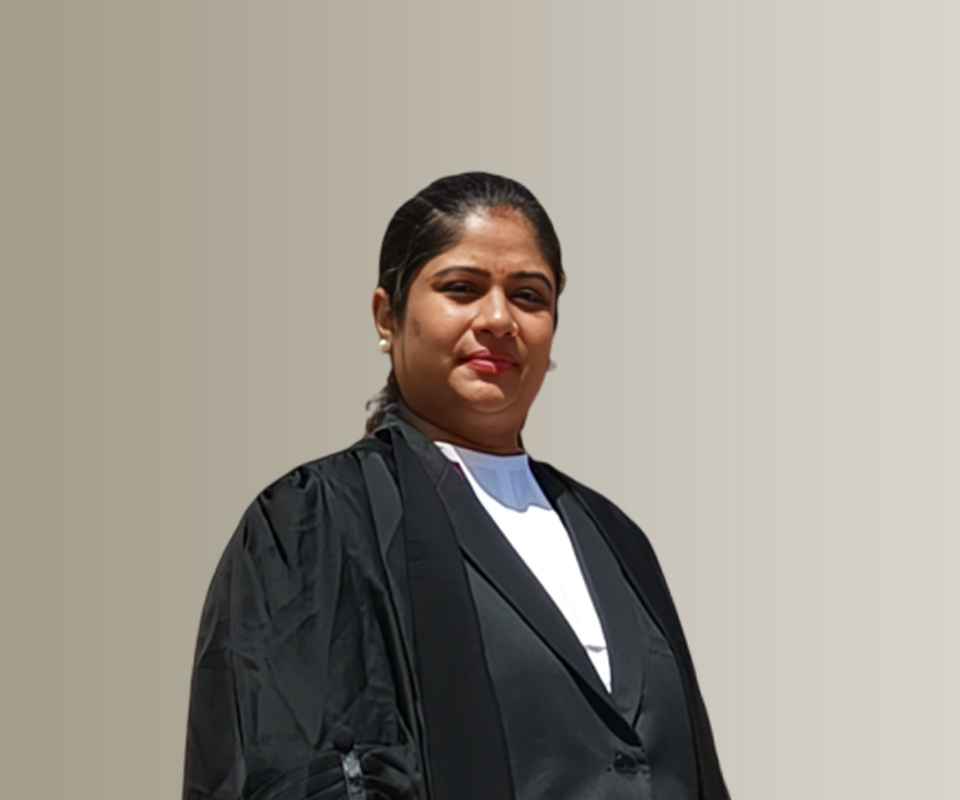Answer By law4u team
The Muslim Women (Protection of Rights on Divorce) Act, 1986 was enacted to provide protection to Muslim women who have been divorced by their husbands, ensuring they receive fair maintenance and other entitlements after divorce. The Act is a response to the Supreme Court’s verdict in the Shah Bano case (1985) and aims to address the rights of divorced Muslim women regarding maintenance, particularly after the divorce (Talaq) has occurred. Here are the key provisions of the Muslim Women (Protection of Rights on Divorce) Act, 1986: 1. Maintenance During Iddat Period (Section 3): The Act mandates that a Muslim woman is entitled to maintenance during the iddat period, which is the period after divorce and before remarriage. During the iddat period, the woman is entitled to maintenance from her husband. Iddat period lasts for three menstrual cycles or three months, or until childbirth if the woman is pregnant at the time of divorce. 2. Maintenance Beyond Iddat (Section 3(1)(b)): After the iddat period, if the woman is unable to maintain herself, the Act provides a mechanism for the husband to pay maintenance to the woman. If the woman has children, the husband is also liable to pay maintenance for the children. If the husband fails to provide for her, the woman can approach the Magistrate for the payment of maintenance, who may direct the husband to provide a reasonable amount for the woman and children, if applicable. The woman’s entitlement to maintenance beyond the iddat period is subject to the husband’s ability to pay and his income. 3. Right to Fair and Just Maintenance (Section 3(2)): In addition to the maintenance during iddat, a woman is entitled to a fair and just provision from her husband. This may include things like maintenance for her upkeep, medical expenses, and other requirements. 4. Responsibility of the Husband (Section 3(3)): The husband is responsible for maintaining his wife during the iddat period and providing reasonable maintenance for her after the divorce if she is unable to support herself. The amount to be provided is decided by the Magistrate based on the circumstances and the husband’s financial capacity. 5. Contribution by Relatives (Section 4): The Act allows for the possibility of the woman’s relatives (including parents, siblings) to provide maintenance if the husband fails to do so. The court may direct that the relatives contribute to the maintenance of the divorced woman if the husband is unable to pay. 6. Custody of Children (Section 6): The Act recognizes the mother’s right to custody of children after the divorce, particularly if the children are below a certain age (typically under seven years old). After this age, the custody may be transferred to the father, but this decision is made with the child’s best interests in mind. 7. Application for Maintenance (Section 5): The woman may file an application for maintenance before the Magistrate if she is not being provided maintenance by her ex-husband. The Magistrate will then order the husband to pay maintenance within a specified time frame. The amount of maintenance is based on factors like the husband’s income, the woman’s needs, and the standard of living. 8. Power of the Magistrate (Section 7): The Magistrate has the authority to enforce the payment of maintenance. The court can issue a warrant of arrest against the husband for non-payment of maintenance. 9. Recovery of Maintenance (Section 8): If the husband fails to provide maintenance, the Act provides for the recovery of the maintenance amount through legal means. The court can order recovery of the maintenance amount as arrears. 10. Inapplicability of the Act (Section 2): The provisions of this Act apply only to divorced Muslim women who are not covered under other legal provisions such as the Criminal Procedure Code (Section 125) or the Hindu Marriage Act. The Act does not affect the Muslim woman’s right to seek maintenance under other applicable laws. 11. Non-Compliance by Husband: If the husband does not comply with the maintenance order, the Magistrate may issue directions for the recovery of the amount, and it may be treated as arrears of land revenue. The husband may be penalized for non-compliance, including imprisonment, if the maintenance is not paid. 12. Jurisdiction: The application for maintenance can be filed in the court of the Magistrate within the jurisdiction of the woman’s residence. Key Observations: The Act aims to provide relief and security to divorced Muslim women, particularly by ensuring they are supported financially after a divorce. It balances the rights of the woman with the responsibility of the husband to ensure that divorced women and children are not left without resources for sustenance. Criticism and Legal Developments: The Muslim Women (Protection of Rights on Divorce) Act, 1986 has been subject to criticism, particularly regarding its limitation in ensuring maintenance beyond the iddat period. The Act was challenged in the Shah Bano case, where the Supreme Court ruled that a Muslim woman could claim maintenance under the Criminal Procedure Code even after the iddat period. The Act was later amended, and it remains a subject of legal debate with respect to its provisions on maintenance and fairness in the distribution of resources after divorce. In conclusion, the Muslim Women (Protection of Rights on Divorce) Act, 1986 ensures that divorced Muslim women receive maintenance and are not left destitute after divorce. However, the practical implementation and scope of the provisions have been points of discussion and amendment over time.









